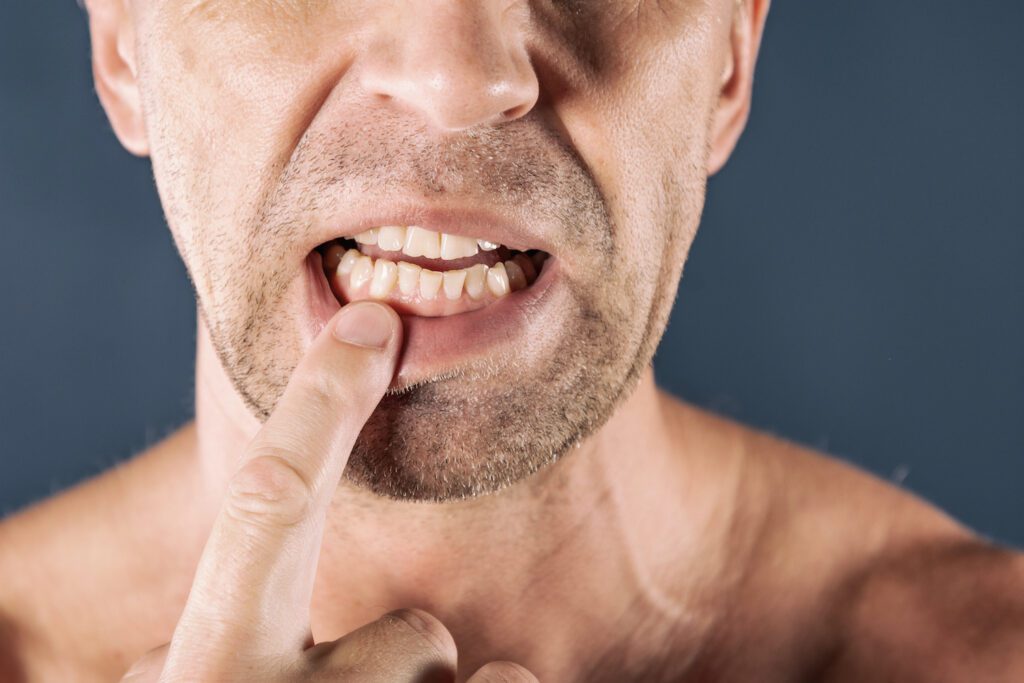Our body’s nervous system is designed to react to many problems. It’s our natural way of alerting our brains to possible infection or injury. While the outside of your teeth is made of hard enamel, the inside has a root system with nerves and blood vessels. When you experience tooth sensitivity in Williamsburg, VA, your body is telling you that there could be a dental concern. Getting an exam as soon as possible with your dentist can help identify the source of your sensitivity. The sooner you get an appointment, the sooner you can begin treatment to help reduce pain and discomfort.

Causes of Tooth Sensitivity in Williamsburg, VA
Our teeth can experience bouts of pain and discomfort for a variety of reasons. While some of these reasons are short-lived (such as a recent dental treatment of having a piece of food stuck between your teeth), others can develop into larger issues. If you experience sudden tooth sensitivity that doesn’t go away after a day or two, you should make an appointment to see your dentist and discover what the problem could be.
Enamel Loss
Between the outer enamel layer of our tooth and the inner root structure, we have a layer of dentin. Dentin is a bit like the last line of defense for your tooth before decay or infection reaches the inner pulp. Dentin, therefore, is usually more sensitive to movement and extreme temperatures. If you have enamel loss, you may experience sensitivity as your dentin reacts to eating, drinking, and talking. Enamel loss can be caused by a variety of factors. Visiting your dentist can help determine the cause of enamel loss as well as treatment options to restore your tooth.
Infected Pulp
When tooth sensitivity is extreme and unyielding, there’s a high probability that the culprit is an infected pulp. If decay and disease make it through the dentin layer in your tooth, the inner root structure can become infected. This causes it to swell and push against the hard casing of your tooth, leading to high sensitivity and pain. If you do have an infected pulp, a successful root canal can remove the pulp and help provide relief.
Gum Disease and Recession
While your enamel and dentin layers protect most of your tooth’s roots, the gums are also an important defensive area. The root of your teeth continues to run into your gums, where it joins with your jaw bone. If you have gum disease or recession, the roots of your tooth can become infected or exposed. This can lead to sensitivity in a large area of your mouth, as gum disease can spread quickly. Periodontal therapy and other gum treatments can help restore health to your gums and protect the roots of your teeth.
If you are experiencing tooth sensitivity, the sooner you act, the better. Call us today at 757-216-9873 to schedule an exam and consultation to learn what could be causing your sensitivity.
